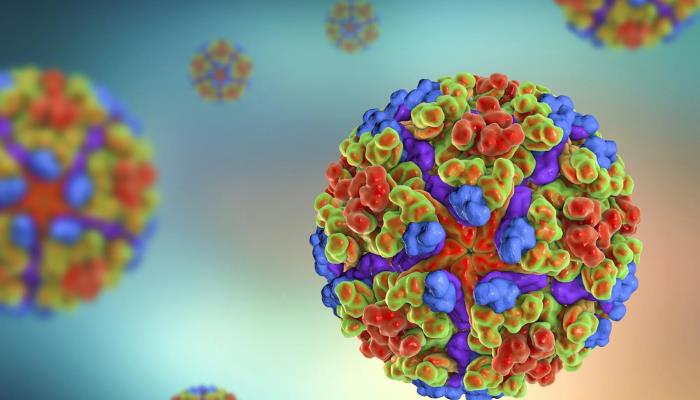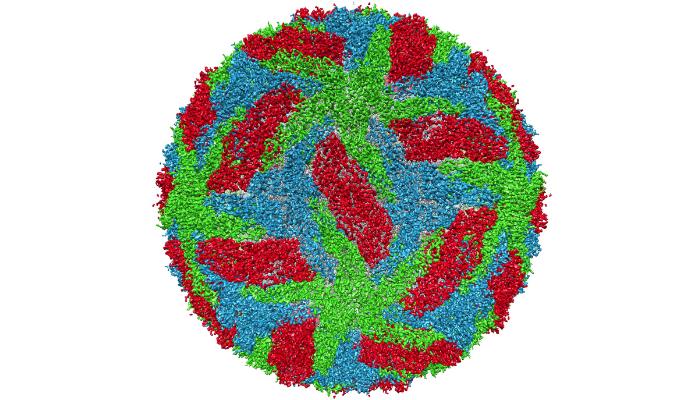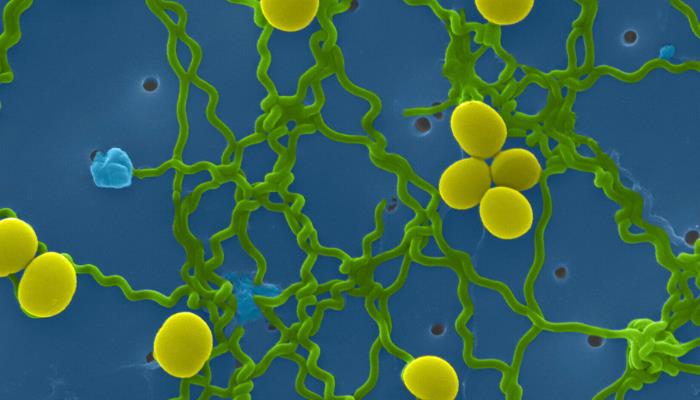
by Mark Galande | Oct 9, 2025 | Bug Library
What is it? Syphilis is a sexually transmissible infection (STI) caused by the bacterium Treponema pallidum. It progresses through primary, secondary, latent, and tertiary stages and can cause severe complications if untreated. Syphilis may also be transmitted during...

by David Tanedo | Sep 29, 2025 | Bug Library
Chikungunya virus What is it? Chikungunya is vector-borne viral disease that is caused by the chikungunya virus1,2. It is prevalent in the Americas, Asia and Africa with large outbreaks and case numbers reported each year2. People become infected with chikungunya...

by ACIPC Office | Aug 6, 2025 | Bug Library
Hepatitis Hepatitis refers to inflammation of the liver, most commonly caused by hepatotropic viruses, but it can also result from toxins, drugs, alcohol, autoimmune responses, and metabolic disorders. Viral hepatitis comprises five primary types—Hepatitis A, B, C,...

by ACIPC Office | Jul 1, 2025 | Bug Library
Cryptosporidiosis Cryptosporidiosis is a gastrointestinal illness caused by Cryptosporidium parasites, primarily C. hominis and C. parvum. Transmission is mainly faecal-oral, with contaminated recreational or drinking water being the most common source due to the...

by David Tanedo | May 30, 2025 | Bug Library
Dengue fever What is it? Dengue fever is a viral infection that is transmitted through the bite of infected mosquitos, and is prevalent in tropical and subtropical regions worldwide1. Most areas of Australia do not have the types of mosquitos that carry the dengue...

by David Tanedo | May 30, 2025 | Bug Library
Leptospira What is it? Leptospirosis is a disease caused by infection with the bacteria Leptospira, that can be found in contaminated water or soil and affects both animals and humans1,2. Leptospirosis can occur worldwide, but is most common in tropical and...








